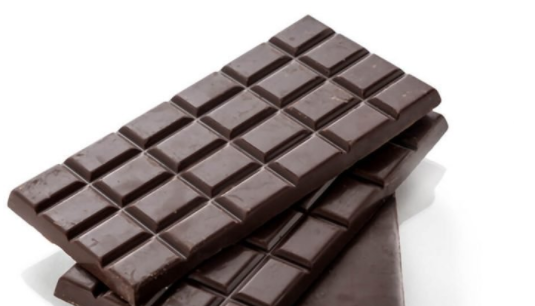Probiotics are live micro-organisms that can be consumed through fermented foods or supplements.
The term is derived from two words (pro) meaning promotion and (biotic) meaning of life.
Research has shown that probiotics contain most of the important bacteria needed in the human body, as the balance or imbalance of it in your digestive system is linked to overall health and disease.
Some of the benefits of this “friendly bacteria” include promotion of weight loss, improved digestive health, immune functions and mental health functions, and even helps reduce the severity of certain allergies and eczema for a clearer looking skin.
Here are five probiotics (some very yummy) that you can include in your meal plans for a healthier life.
Yoghurt
The first probiotic that may readily come to mind is yoghurt.
It is made of milk that has been fermented with good bacteria, mainly lactic acid bacteria and bifidobacteria.
Yoghurt is suitable for people with lactose intolerance because the bacteria turns some of the lactose into lactic acid, accounting for its sour taste.
Eating yoghurt is closely associated with many health benefits including improved bone health, and reduction of high blood pressure.
It is especially recommended for kids as it could help reduce the diarrhea caused by antibiotics and can help reduce the symptoms of irritable bowel syndrome.
Natural yoghurts with active or live cultures are the real deal when it comes to choosing a probiotic that is healthy.
Cheese
Yes, you can say ‘cheese’! Though a fermented product, not all types of cheese contain probiotics. Now, you may need to do extra work and check product labels for live cultures in the cheese or just do it yourself.
Types of cheese with rich probiotic content are cheddar, mozzarella, gouda, Swiss, and cottage cheese.
According to the Society of Applied Microbiology, the probiotic bacteria survive especially in cheddar cheese and modify populations of other lactic acid bacteria.
Goat cheese with its tangy taste and crumbly texture is a favourite among health pundits and nutritionists.
Compared to cheese derived from cow, goat cheese has a higher proportion of medium chain fatty acids including caprylic acid.
This kind of acid is known to possess antibacterial, antiviral, antifungal and anti-inflammatory properties.
They are helpful in battling fungal and yeast infections such as candida, urinary tract infections, acne, and even digestive problems.
Dark chocolate
Thought chocolate was bad for your health? Well, think again! Dark chocolate can give you some “yummy” health benefits.
Asides from being a rich source of antioxidants and fibre, it is also a great probiotic in itself.
According to the American Chemical Society, when you eat dark chocolate, the good bacteria in the gut eat and feed on it, making them multiply in number.
This eventually leads to the production of anti-inflammatory compounds that are beneficial for the heart and reduces the risk of stroke.
So the next time you’re enjoying some dark chocolatey goodness in moderation, don’t think calories, just think good bacteria.
Apple cider vinegar
Found in almost every household, apple cider vinegar is a probiotic-rich drink that has a wide range of uses.
While the apple components are also great for the gut bacteria, a word of caution is that one shouldn’t consume this directly, but instead, dilute it with water or add it to food.
Some of the benefits of apple cider vinegar supported by scientific research include weight loss, reduced cholesterol, lower blood sugar levels and improved symptoms of diabetes.
Acetic acid, the main substance in this “wonder liquid” has been known to help kill pathogens, including harmful bacteria, hence its use for cleaning and disinfecting wounds, treating nail fungus, lice, warts and ear infections.
Pickles
Pickles, also known as gherkins, are cucumbers that have been pickled in a solution of salt and water.
They are left to ferment for some time using their own naturally present lactic acid bacteria, making them taste sour.
They are low in calories, high in sodium and great to munch on for a better digestive health.
Being a good source of Vitamin K, eating pickles can help prevent blood loss.
Ensure you make your pickles with natural sea salt and water, not vinegar as this would not contain live probiotics.
Copyright 2025 TheCable. All rights reserved. This material, and other digital content on this website, may not be reproduced, published, broadcast, rewritten or redistributed in whole or in part without prior express written permission from TheCable.
Follow us on twitter @Thecablestyle


All the foods above are essential to weight loss. You can get your slim patch for weight loss here…